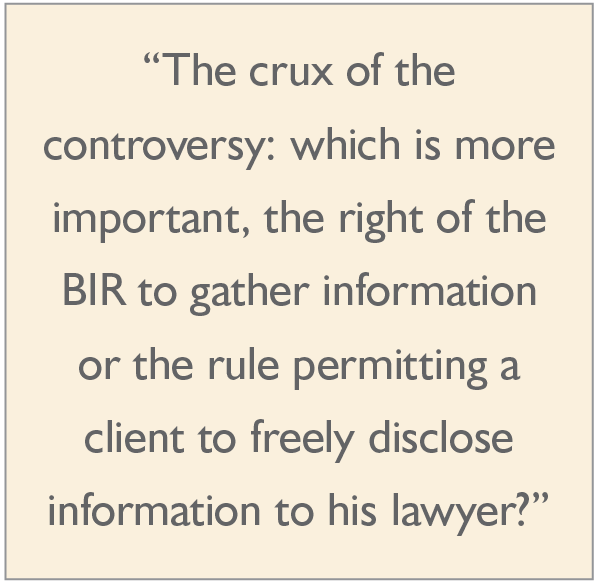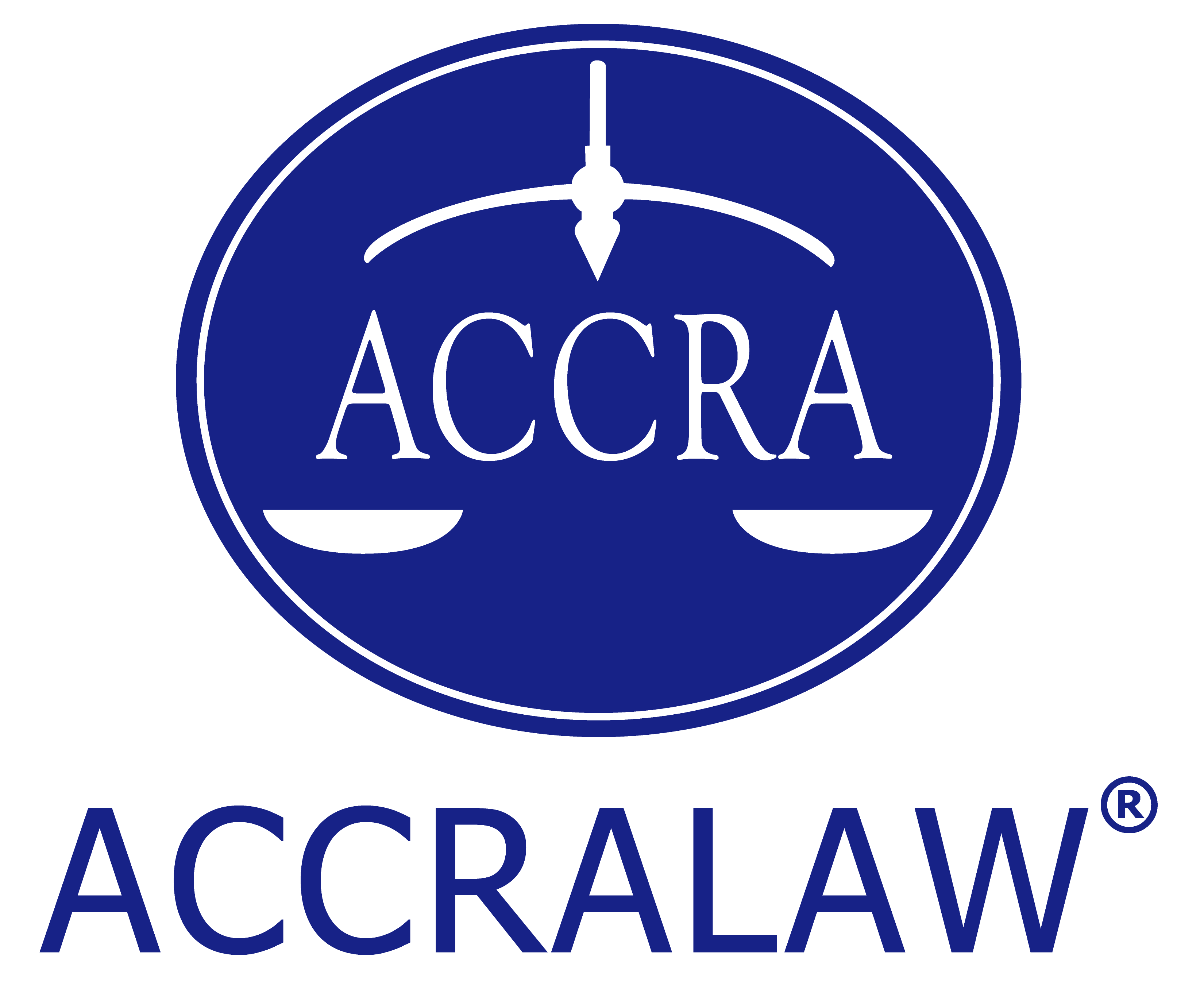 By Eric R Recalde, ACCRA Law
By Eric R Recalde, ACCRA Law
The law cannot just be gauged on the basis of its provision. One should consider how its administrator views it. It should be recalled Congress recently passed the Tax Reform for Acceleration and Inclusion (TRAIN) Act, with the veto of its certain provisions. It would thus be interesting to see how the government, through the Department of Finance, specifically the Bureau of Internal Revenue, implements the most recent revisions to the Philippine Tax Code.
Recent issuances
Under the law, the DOF is mandated to issue its implementing regulations up to January 30. Within this timeframe, the DOF was able to issue the implementing regulations on petroleum products, tobacco products, stamp duties, and automobiles. The DOF subsequently issued the regulations on income tax, stock transaction tax, updated withholding tax, transfer tax, and VAT. It has not yet released the regulations on sweetened beverages and cosmetic procedures. The delay is understandable given the limited period given to DOF.
But how do the DOF and BIR view the TRAIN? Do they share the view of the legislators? There seems to be some divergence, and in certain cases, a muscle flexing interpretation of an existing provision not touched by the TRAIN.
A case of muscle flexing
An example of muscle flexing is RMC 12-2018. The BIR has adopted a stance that it may access information shared by clients with their lawyers and accountants. Under the Rules of Court, information shared with lawyers are not only confidential but also privileged communication. In contrast, those shared with accountants are only regarded as confidential. The Accountancy law permits an administrative tribunal like the BIR to subpoena them.
The BIR cites as basis the lawyers’ ethical canon. It mandates a lawyer to reveal clients’ secrets “when required by law”. According to BIR, it refers to the Tax Code provision authorising the Commissioner to obtain third party information. The crux of the controversy: which is more important, the right of the BIR to gather information or the rule permitting a client to freely disclose information to his lawyer? It should be the latter.

Congress should have made its intention clearer
The TRAIN eased compliance with reporting requirements. It has removed the DOF’s authority to prescribe the filing of monthly returns. Taxpayers are only mandated to file quarterly returns. The DOF has recognised this, but insisted taxpayers should still file monthly remittance forms. They hold the amount withheld in trust for the government. It remains to be seen whether this will ease taxpayers’ reporting. In any case, the delay in filing these forms should not have the same consequences that attach with the delay in filing tax returns.
Employers must still file monthly compensation withholding tax (CWT) returns. Congress likely failed to note the special chapter on CWT when it removed the DOF’s authority to prescribe monthly returns. Per DOF, this requirement stays since the TRAIN did not remove it.
The case is different with regard to the fringe benefit tax (FBT). Even though the TRAIN (and the presidential veto) did not specifically remove the special FBT for certain personnel of foreign branches (like Regional Headquarters), the DOF’s position is that it has been removed. It is implied from the president’s veto on their preferential income tax. This is now subject of a court case.
Finally, the DOF is silent when the transfer is “made in the ordinary course of business (a transaction which is a bona fide, at arm’s length, and free from any donative intent),” which under the TRAIN should not give rise to an implied donation. This has been a source of dispute with BIR when securing a clearance for share transfers. The DOF is also silent when the “tax-free exchange” (like corporate restructuring) is VAT-free. Hopefully, the BIR would act on taxpayers’ requests involving these transactions without the issues they raised in the past.
It is the turn of the courts in proper cases to determine whether the DOF has acted beyond its mandate in making these issuances, or the BIR in implementing them. Taxpayers must remain vigilant, and if necessary request Congress for corrective legislation.

Tel: (632) 830 8000


